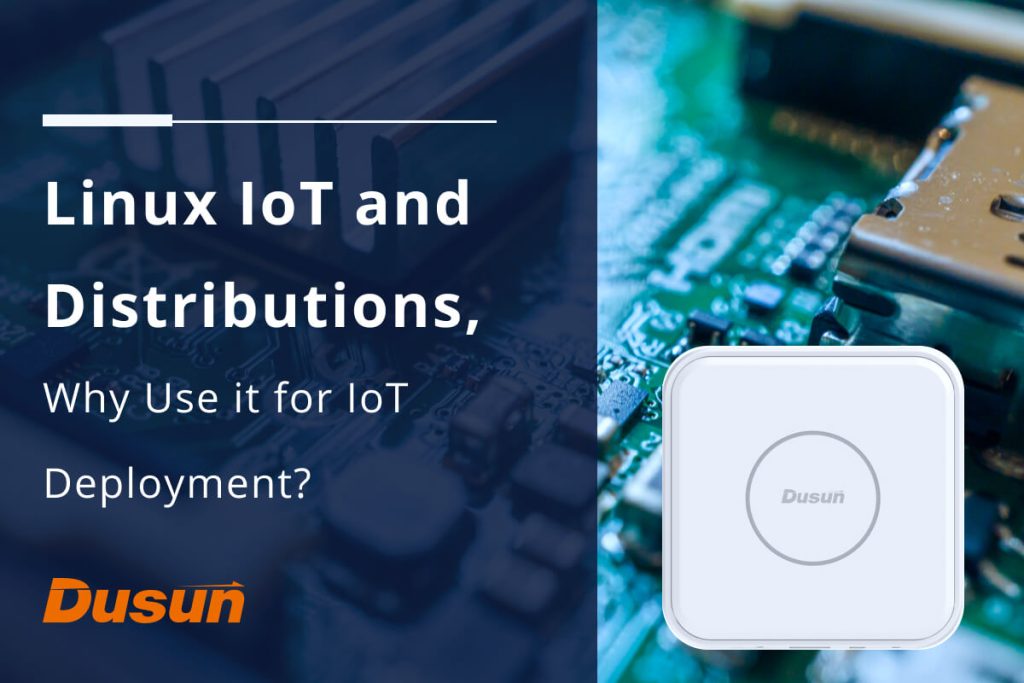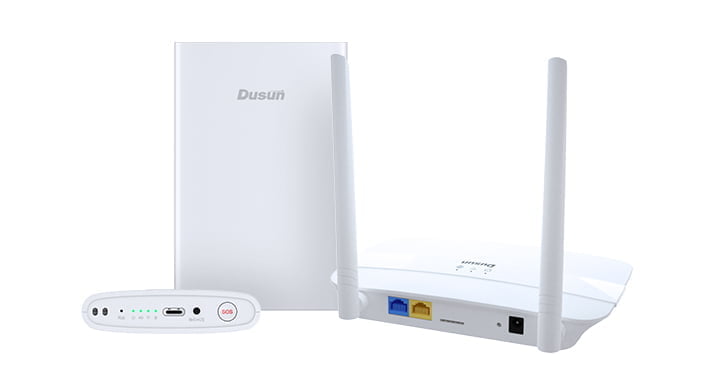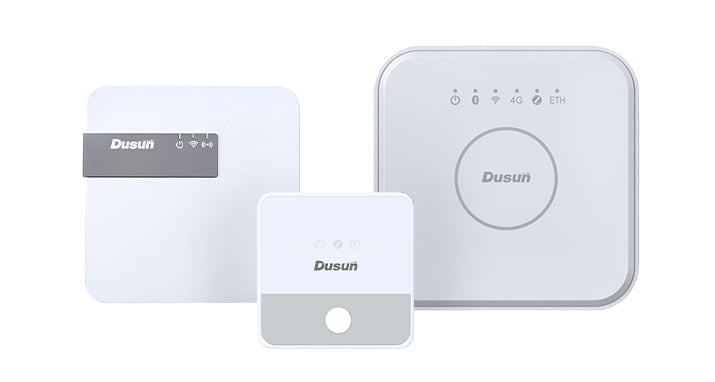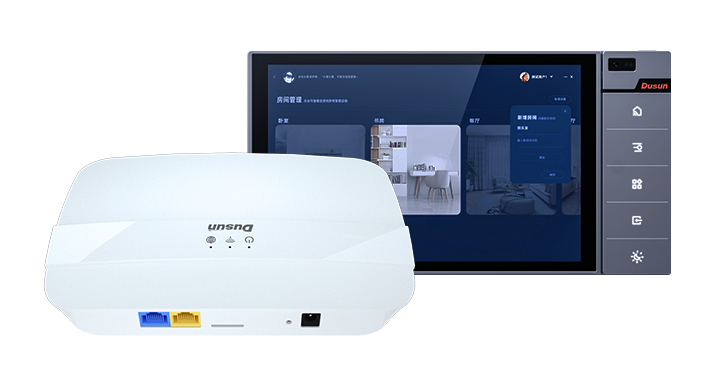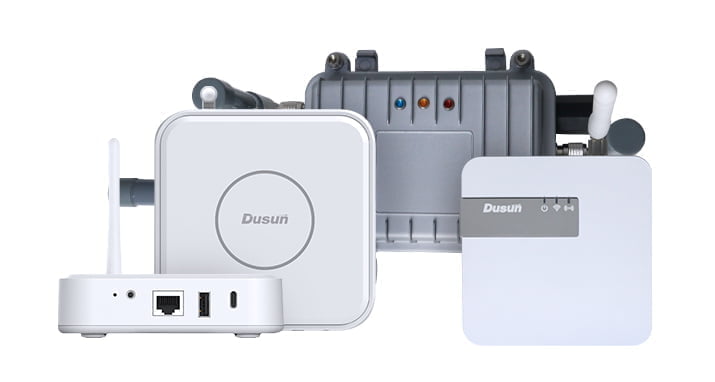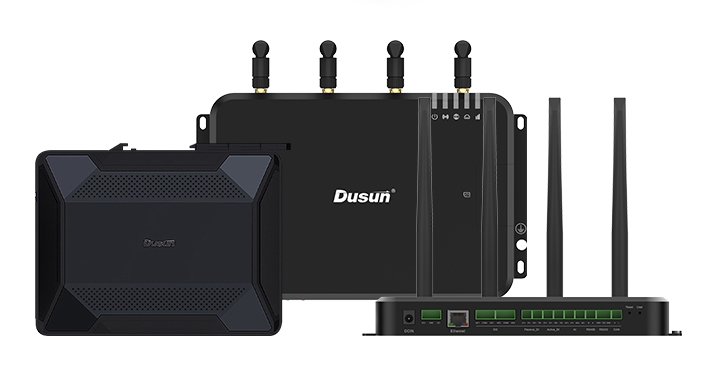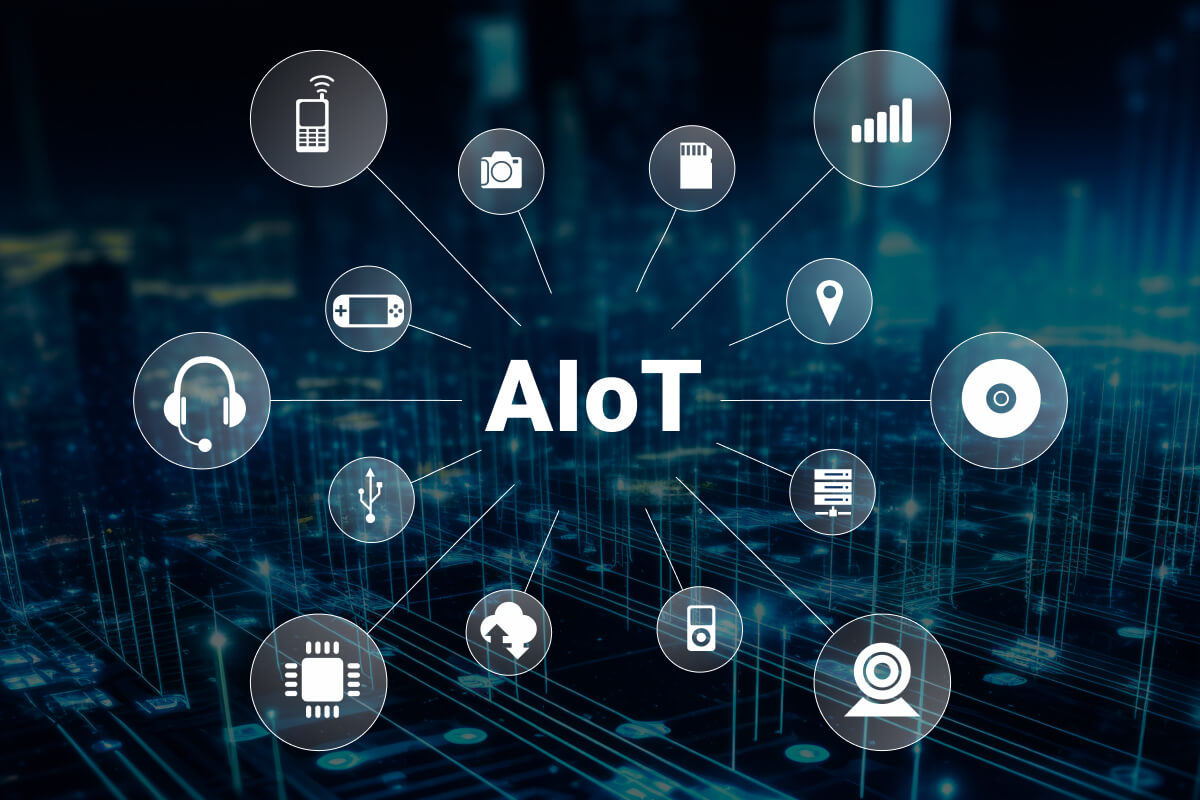The term Linux IoT refers to those Linux-based operating systems that are particularly optimized for supporting and developing the Internet of Things. Linux IoT has become very popular for deployment in various IoT domains. The article explores the fast growth of Linux IoT in IoT applications, discussing its benefits and features to aid informed decision-making during product development.
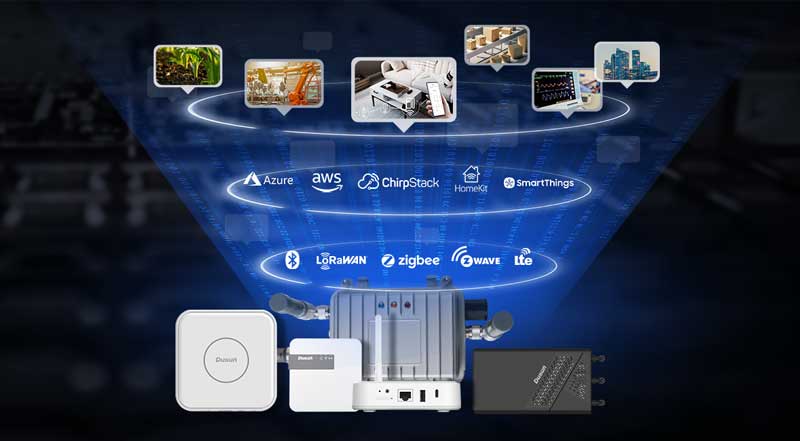
Exploring the Role of Linux in IoT Deployments
Linux is currently leading a significant role in the IoT ecosystem. Linux IoT has become popular for application deployments because of its open-source nature and flexibility.
Significance of Operating Systems in Powering IoT Solutions
OS is crucial in powering IoT solutions by managing hardware resources, enabling connectivity, ensuring security, facilitating application development, and supporting device management. The significance of OS lies in enhancing IoT devices’ performance, reliability, and functionality, enabling their successful integration and operation within the broader ecosystem.
Explore more introduction of IoT operating system here.
Why is Linux a popular choice for IoT Deployments?
Linux has become popular for IoT deployments due to its open-source nature, enabling a lively community and frequent updates. Its customizability and flexibility allow developers to tailor the OS to specific IoT device requirements, while its wide hardware support accommodates various architectures.
Unlocking the Potential: Key Features of Linux IoT
Linux IoT can potentially transform the IoT ecosystem, and its following features are crucial.
- Scalability from resource-constrained devices to powerful edge devices
- Stability and reliability for critical IoT deployments
- Interoperability with support for standard protocols and interfaces
- Robust security features and proactive security community
- Adherence to open standards and compatibility
- Active community support for development and troubleshooting
Linux Distributions for IoT Devices
There are several Linux IoT distributions. Some notable ones are:
Yocto
Yocto is not a standalone Linux IoT distribution. It is a framework that allows embedded IoT developers to build custom Linux distributions. It provides a flexible and customizable platform for creating tailored Linux systems. It provides a wide range of software components and offers a comprehensive documentation and community support ecosystem.
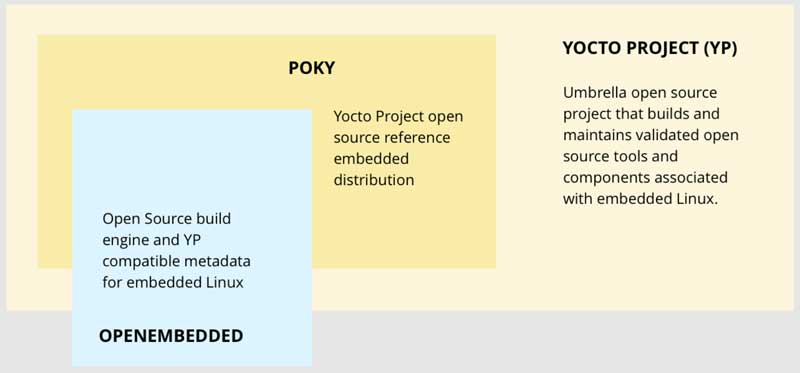
The Yocto Project presents several challenges that developers should be aware of. It is complex and difficult to learn, demanding time and effort to understand its concepts and tools. Building a custom Linux distribution can be time-consuming and requires extensive hardware resources, particularly for larger projects.
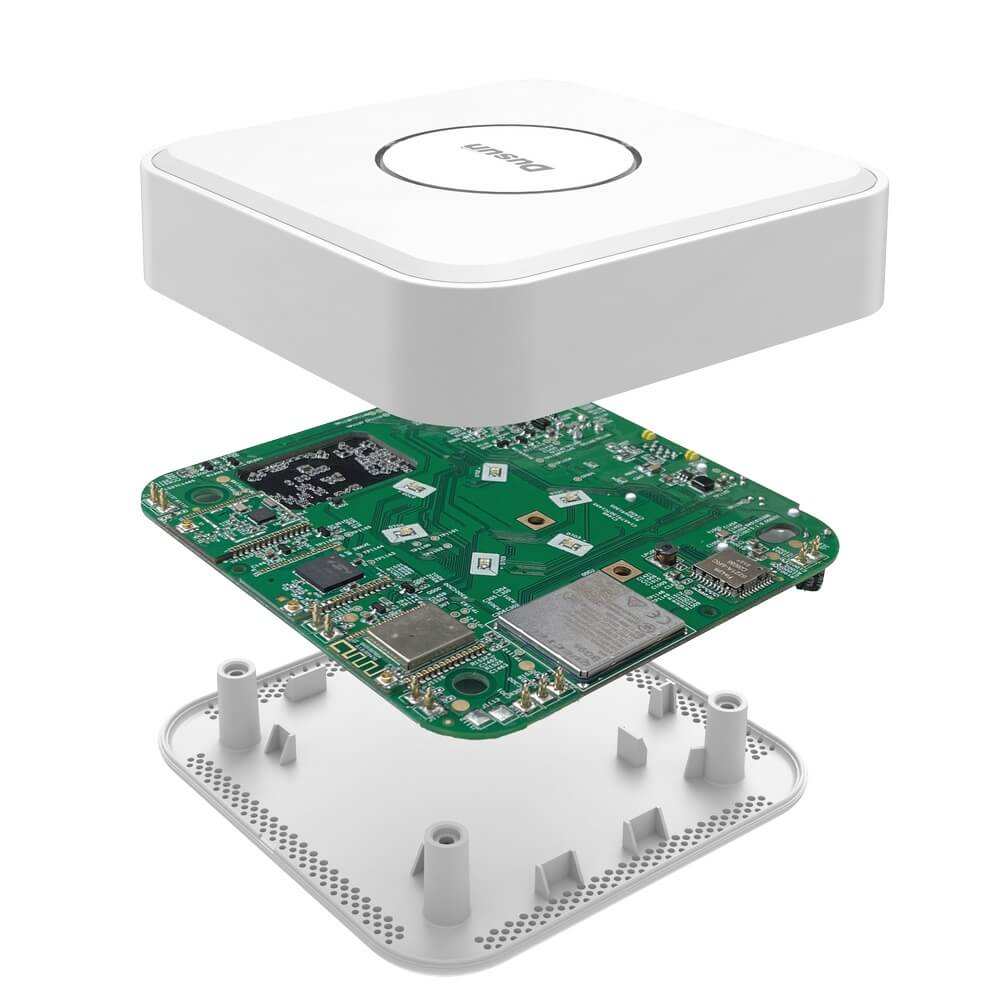
Buildroot
Buildroot is not a complete Linux IoT distribution. The developers use Buildroot to create minimalistic and lightweight Linux IoT distributions for resource-constrained IoT devices. In contrast to the Yocto project, it is easier to learn. It has a faster build process, enabling quick iteration and development cycles. Its major challenge is customization complexity. Making extensive changes or introducing custom configurations may require advanced knowledge and experience.
Debian
Debian is an open-source Linux distribution known for its stability, reliability, and adherence to free software principles. With a wide range of software packages and support for multiple hardware architectures, Debian offers a versatile and adaptable platform for various systems. Its package management system, APT, simplifies software installation and updates.
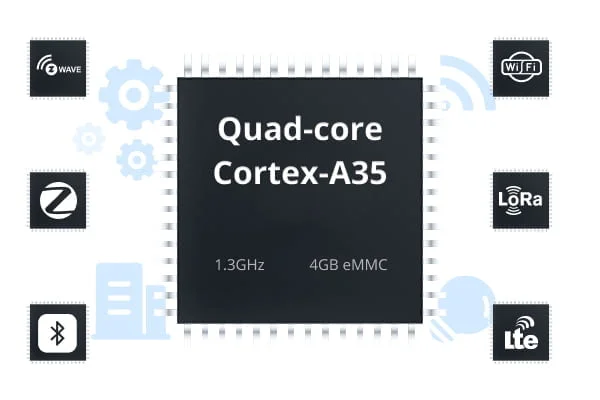
Ubuntu Core
Ubuntu is a popular choice for building IoT gateways due to its long-term security and flexibility in deploying various types of applications, platforms, and protocols. Ubuntu Core, a version of Ubuntu based on Debian and designed for IoT devices, offers state-of-the-art security features. It employs multiple layers of security to minimize potential attack surfaces, ensuring the protection of business-critical equipment. Ubuntu core uses self-confined containers. Applications running on such IoT gateways are virtualized and confined to their isolated environments.
Ubuntu is optimized for Industry 4.0 and offers various features that cater specifically to the needs of edge devices. Ubuntu also provides native tools and APIs for secure control and monitoring of remote devices through the cloud, facilitating cloud integration.
Minimum system requirements: Ubuntu Core requires a 500MHz single-core CPU, 384MB RAM, and 512MB storage.
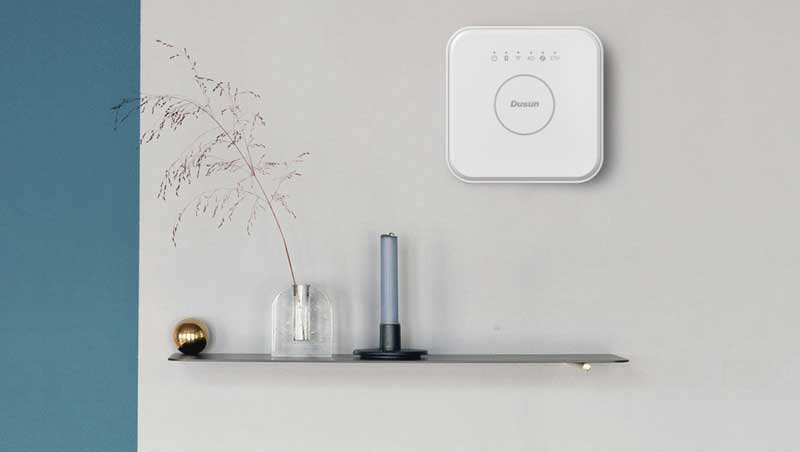
OpenWrt
OpenWrt is a Linux distribution primarily used for routers and networking devices. It is also popular in IoT gateways due to its lightweight nature, package management system, extensive network protocols, and wireless communication support.
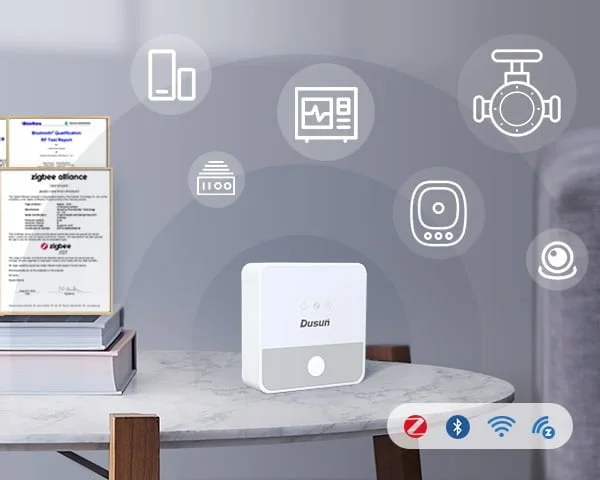
You may also Interested in know more about What is OpenWrt?
FreeRTOS
FreeRTOS is an open-source real-time operating system designed for embedded systems. It provides a small and efficient kernel for real-time scheduling and task management. FreeRTOS is widely used in IoT applications and is known for its low resource requirements and extensive support for different microcontroller architectures. It offers a range of add-on libraries for networking, I/O, tracing, and command-line interfaces, allowing developers to extend its functionality as needed. FreeRTOS is widely adopted in commercial and industrial applications and consumer products such as smart lights and wearables.
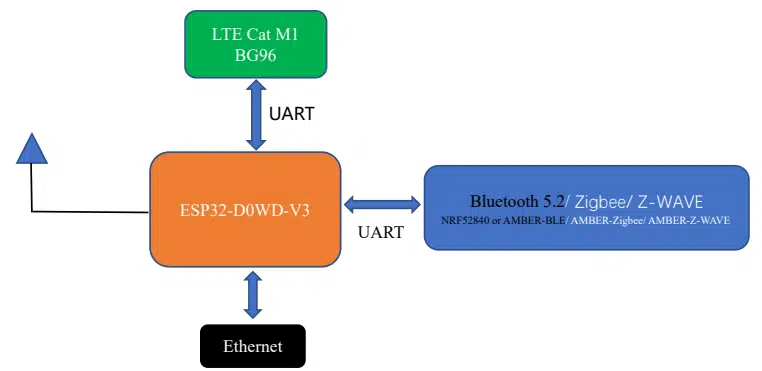
Android
Android is a widely used open-source operating system based on the Linux kernel and developed by Google. While Android is primarily known for its use in mobile devices, it can also be leveraged for building IoT solutions, including IoT gateways, with some considerations.
You may also interested in how to install application on DSGW-210
Benefits of Linux IoT
Linux IoT is flexible and compatible with various hardware platforms, enabling developers to tailor the operating system to their specific IoT device requirements. Some significant advantages of using Linux in IoT are:
Open-Source Nature
Linux IoT is an open-source operating system with a large and active community of developers, contributing to continuous improvement, security enhancements, and extensive support for IoT deployments.
Customizability
Linux provides high customizability, allowing developers to include only the necessary components and optimizing resource usage.
Wide Hardware Support
Linux IoT supports various hardware platforms, offering compatibility with different IoT devices. This flexibility allows developers to choose the hardware that best fits their IoT application requirements.
Security and Reliability
Linux IoT has a strong security track record. Its open-source nature allows for thorough code scrutiny, facilitating identifying and promptly resolving security vulnerabilities. The Linux community actively maintains and updates the operating system, ensuring that security patches are quickly distributed.
Extensive Connectivity Options
IoT devices require seamless communication with other devices and systems. Linux IoT supports various communication protocols that enable interoperability and ensures that Linux-based IoT devices can easily integrate into different IoT ecosystems. Below is a list of commonly used connectivity options supported by Linux for IoT.
- Wi-Fi
- Bluetooth (Explore Bluetooth gateways)
- Zigbee (Explore Universal Zigbee Gateways)
- Z-Wave (Explore Z-Wave Gateways)
- Cellular (LTE 4G, OEM 4G LTE gateways with Dusun IoT)
- LoRaWAN (Explore LoRaWAN Gateways)
Rich Development Environment
Linux provides a rich development environment for IoT applications that supports multiple programming languages, libraries, and frameworks. Linux IoT also offers comprehensive development tools, including compilers, debuggers, and IDEs, facilitating efficient IoT application development and deployment.
Cloud Integration
Most IoT applications need integration with cloud services for data storage, analytics, and management. Linux supports several cloud platforms and protocols that empower IoT devices to connect to the cloud. Linux IoT can securely transmit data and use cloud-based services for advanced functionalities like machine learning and artificial intelligence.
Vibrant Ecosystem
Linux benefits from a vibrant, extensive software libraries, frameworks, and community support ecosystem. This ecosystem provides developers with a wealth of resources, code samples, and documentation, accelerating IoT development, encouraging collaboration, and fostering innovation.
Linux IoT Use Cases
Linux IoT, installed on various embedded boards, is widely utilized in different IoT use cases due to its versatility, security, and customization options. Here are a few prominent Linux IoT use cases:
Smart Homes
IoT devices that are running on Linux power up home automation systems. Linux IoT enables controlling and monitoring lighting, security, appliances, and entertainment. It helps to create a unified and intelligent home environment.
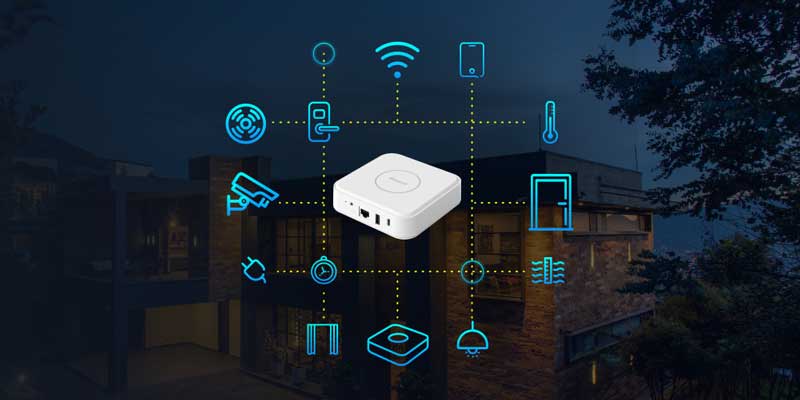
Industrial Automation
Linux facilitates real-time monitoring, predictive maintenance, and remote control of industrial equipment, optimizing manufacturing processes and enhancing safety in industrial IoT deployments.
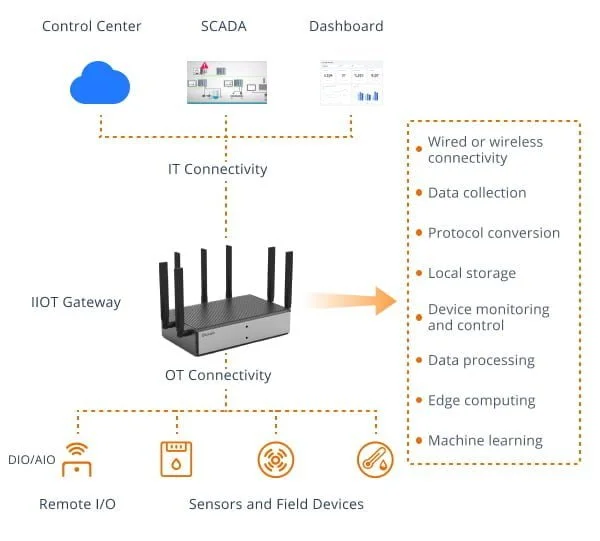
Smart Cities
Linux enables efficient urban infrastructure and services management by seamlessly integrating IoT devices and systems, enhancing transportation, waste management, environmental monitoring, and energy management in smart city initiatives.
You may also be interested in What is IoT smart city?
Healthcare
Linux-based IoT systems enable remote patient monitoring, telemedicine, and healthcare data management, ensuring personalized care, real-time patient monitoring, and secure health data transmission in healthcare IoT applications.
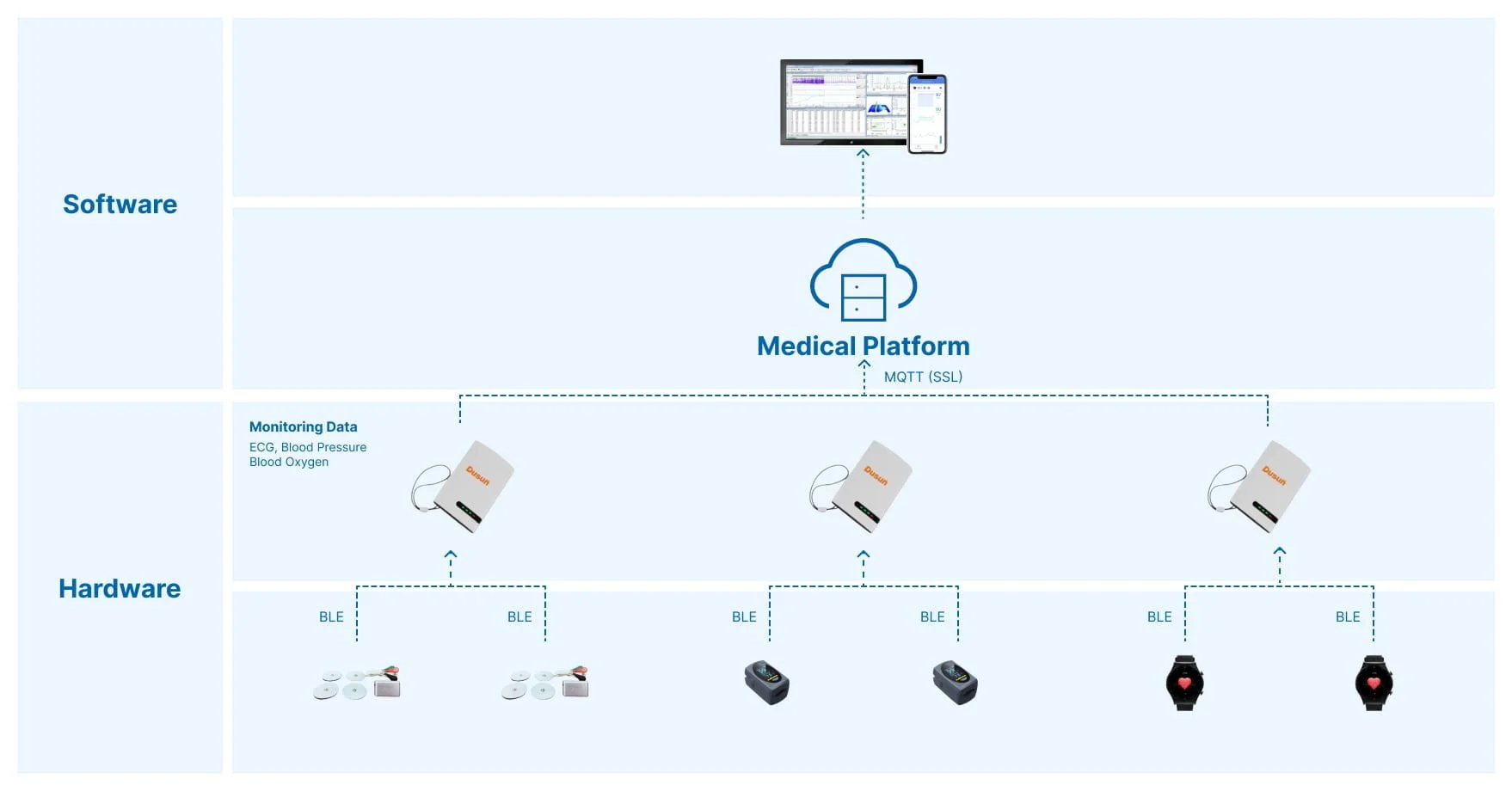
Agriculture
Linux-based IoT solutions optimize farming operations, enabling precision farming, irrigation management, and crop monitoring for improved crop yields, resource conservation, and disease detection in smart agriculture deployments.
You may also want to read IoT Agriculture System Based on LoRaWAN
Energy Management
Linux powers IoT applications for energy management and conservation, facilitating real-time energy monitoring, demand response, and efficient energy distribution, contributing to sustainability and cost savings in energy grids.
You may want to read: Energy Management Using IoT Energy Meter
Linux IoT Embedded Boards
Dusun IoT offers a range of Linux-embedded boards designed for IoT applications. These boards are specifically developed to provide a reliable and flexible platform for embedded system development, reducing time-to-market and eliminating the complexities associated with custom board designs. With support for ARM and NXP processors, multiple wireless protocols, and meeting various performance, power, and I/O requirements, our Linux-embedded boards empower developers to create intelligent and connected IoT solutions across industries such as commerce, automation, robotics, entertainment, and security. Experience enhanced capabilities and accelerated development with our Linux-embedded boards from Dusun IoT.
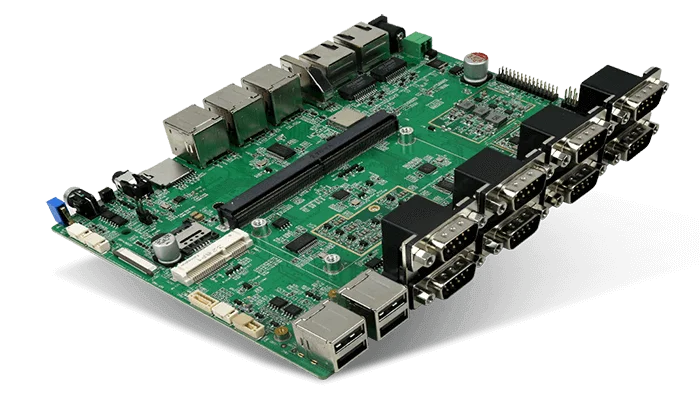
The DSGW-091 is a Linux-based IoT gateway offered by Dusun IoT, designed to provide reliable connectivity and customization options for IoT applications. This gateway supports multiple wireless protocols that ensure compatibility with many IoT devices. The modular architecture of the DSGW-091 offers the ability to meet specific needs while meeting its performance specifications. Its processing power is in a quad-core Cortex-A35 processor, 512MB RAM, and 4GB eMMC. The DSGW-091 is a robust platform for managing and connecting various wireless protocols, making it a good choice for diverse IoT deployments.

Linux IoT FAQS
If my vendor already provided a Linux IoT distribution on my IoT device. Can I change it to a different one?
It is possible to change the Linux IoT distribution on your device to a different one. However, it’s important to note that changing the Linux distribution may require technical expertise and could void any vendor warranties or support. You should thoroughly research the compatibility of the new distribution with your device and ensure you have the necessary knowledge and resources to perform the change properly.
Does Linux IoT supports real-time applications?
Yes, specialized Linux IoT distributions and configurations provide real-time capabilities.






